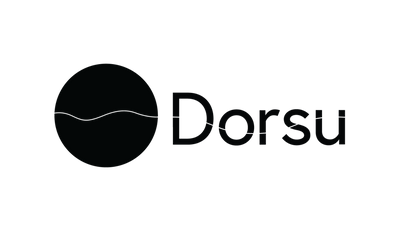Your Cart is Empty
Good fabric, nice fit. Postage was a little delayed but it was a nice surprise when they did finally arrive.
These linen pants have become my new staple! The fabric is beautiful, well worth the price. I recommend washing them a couple of times so they become softer and even more comfortable to wear. I have received many compliments on them!
I love these! They are comfortable, soft, and flattering. Thanks Dorsu!

